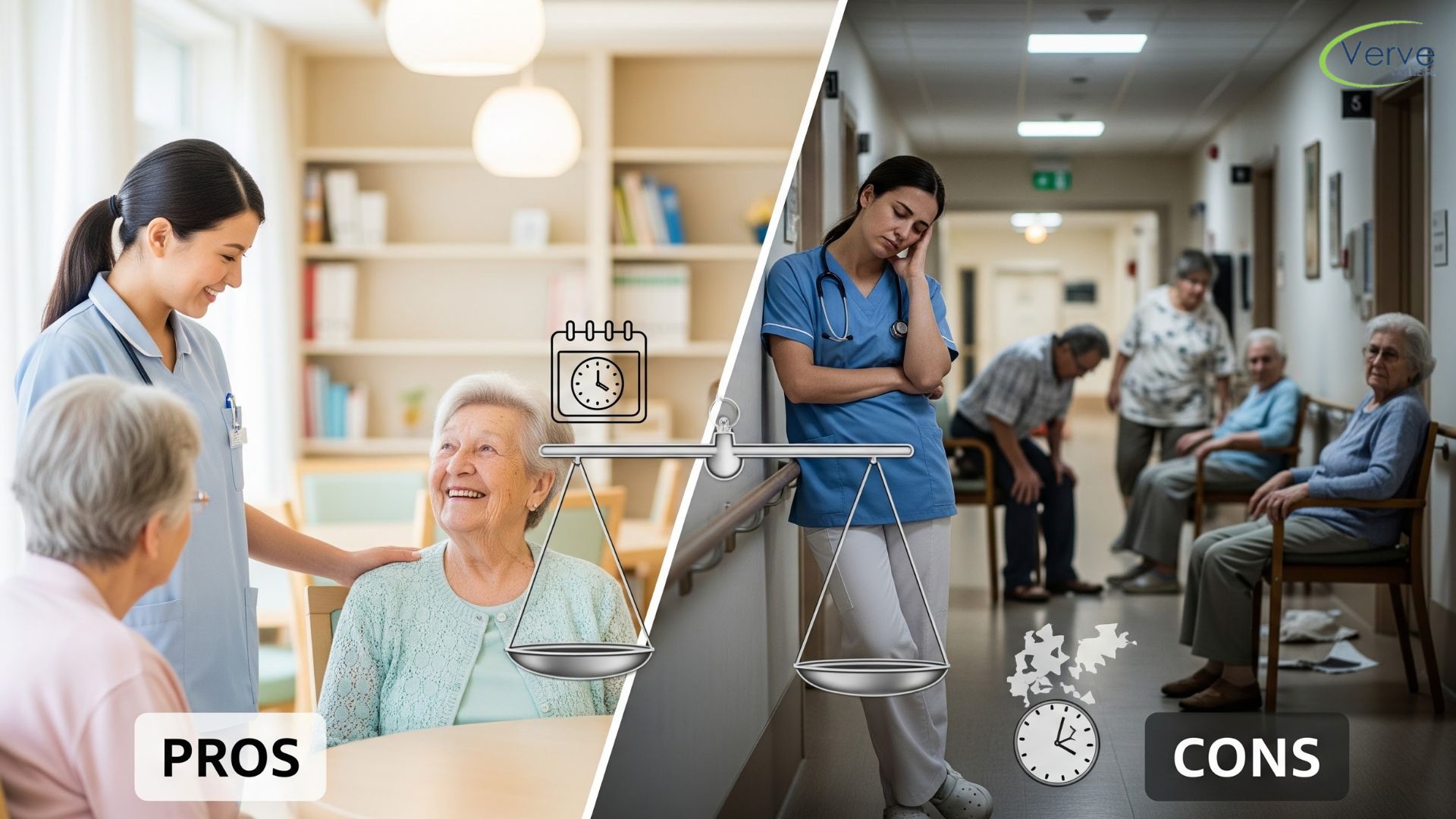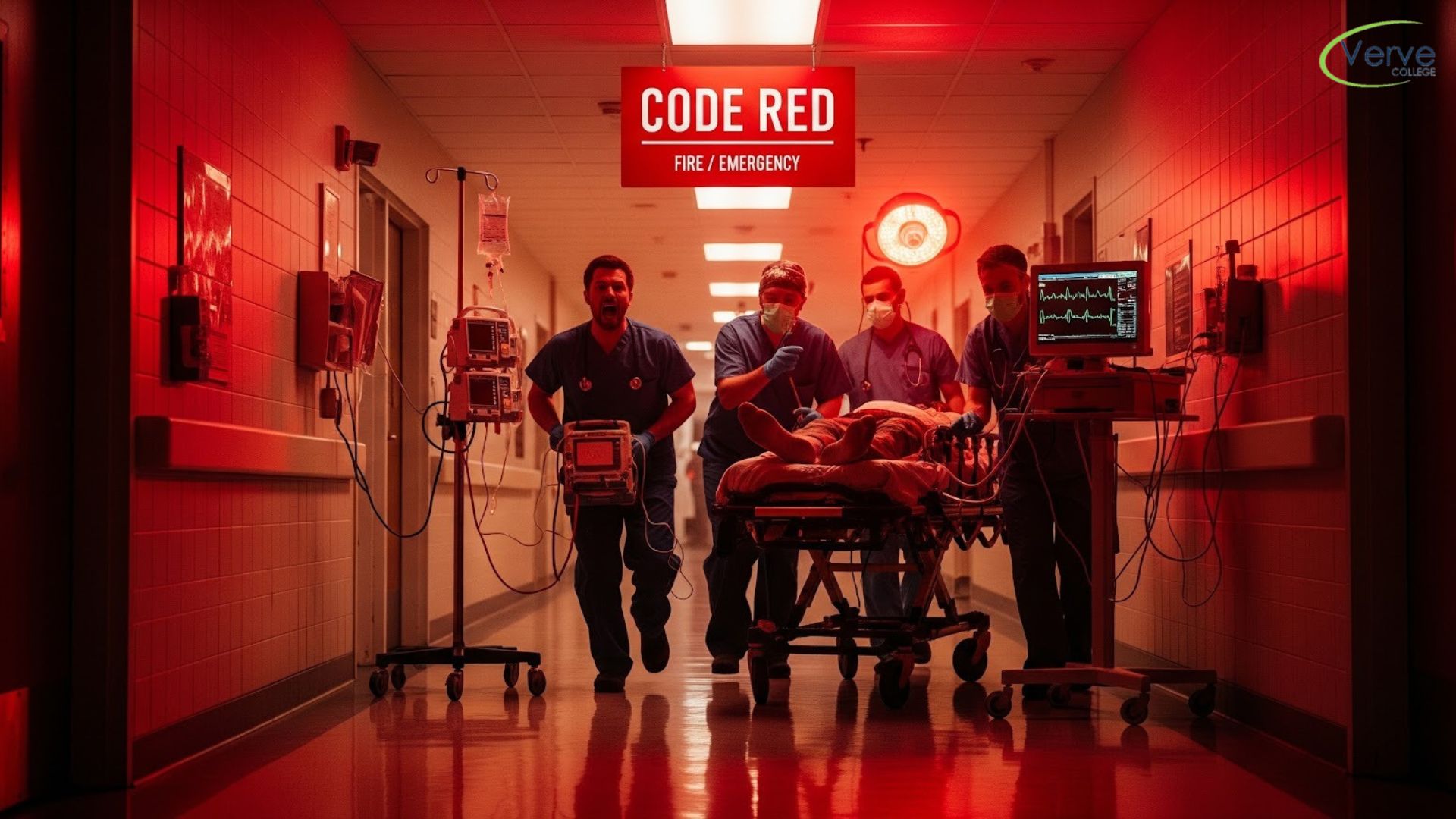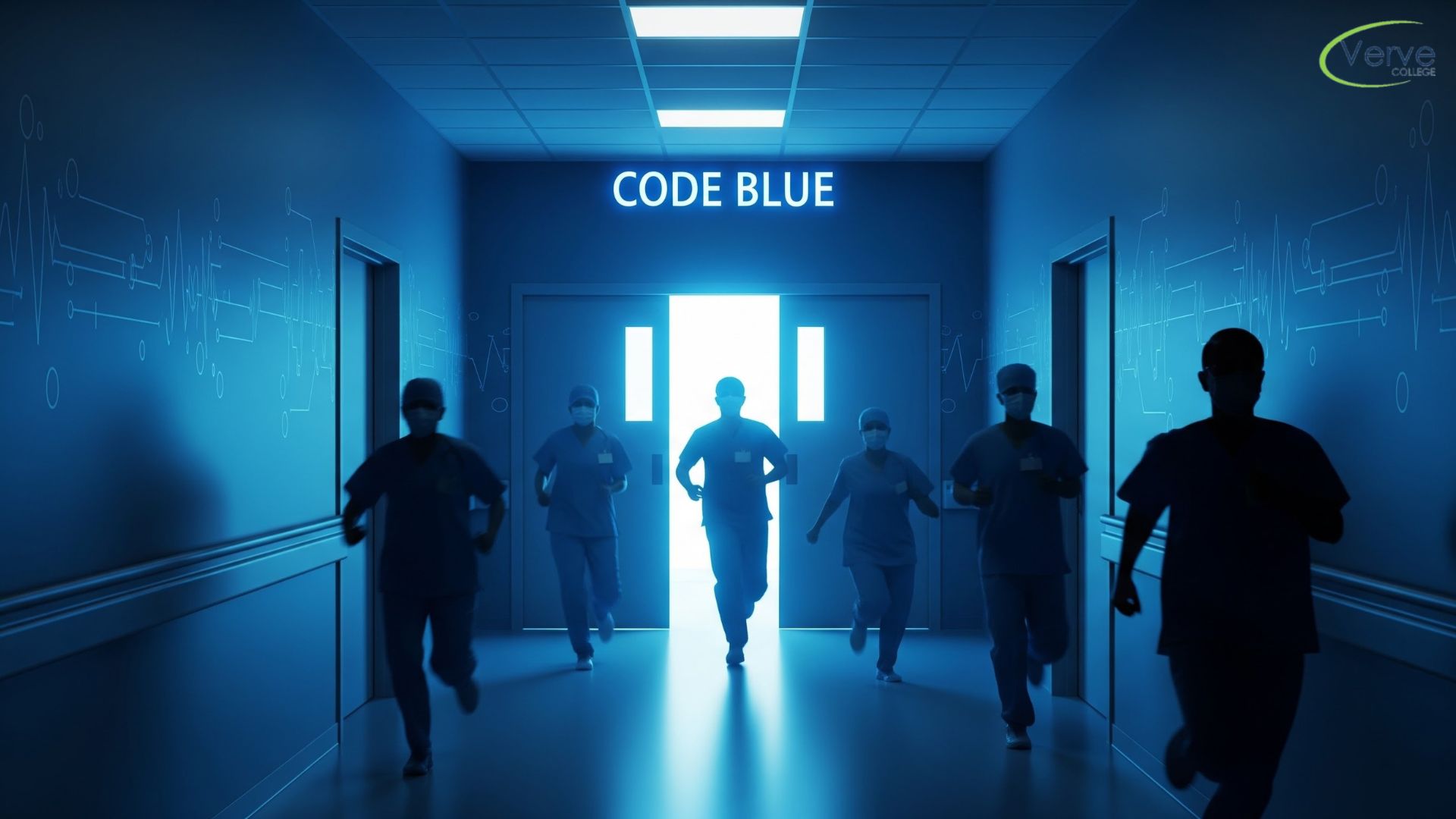- Oak Brook:(630) 705-9999
- Chicago:(312) 920-8822
- Email:inquiry@vervecollege.edu
- Make a Payment
- Home
- Programs
- Admission
- Resources
- ATI Entrance Exam Resources
- New E-Digital Library
- Refer a Friend
- School Newsletter
- Events
- Employers
- Job-Network
- Alpha Beta Kappa Candidates
- Verve College Library
- Graduation and Pinning Ceremony Photo Galleries
- Textbook Information
- Career Services
- Tutoring
- School Catalog
- FAQ
- Constitution Day Program
- Alumni
- Verve College Plans
- Financial Aid
- HEERF Reporting
- Satisfactory Academic Progress
- Apply For Financial Aid
- Net Price Calculator
- Return of Title IV Funds (R2T4)
- Financial Aid Office Code of Conduct
- Contact
- FAQs
- Verification Policy
- Vaccination Policy
- Student Right-to-Know Act
- Misrepresentation
- Information Security Program
- Academic Award Year
- Availability of Employee
- Cost of Attendance
- Health & Safety Exemption Requirement
- Students Rights and Responsibilities
- Leave of Absence
- Pell Formula
- Military Students
- Grants/ Scholarship Policy
- Contact Us
- Testimonials
- Blog
Is a Nursing Career Right For You?
Take The Free Quiz
What are the Technical Skills Required for Nursing & How to Improve Them?
What are the Technical Skills Required for Nursing & How to Improve Them?
Nursing requires you to have technical or complex skills to do your job. Your resume’s skills section shows potential employers that you are qualified to perform the job you are applying for. Your nursing resume should highlight the most relevant technical skills to help you stand out to recruiters and hiring managers.
This article will provide a list and suggestions for improving your nursing skills through practical nursing schools. We also discuss how to include these skills on your resume, cover letter, and during an interview with potential employers.
Technical Skills In Healthcare
Employers often consider technical skills when reviewing resumes to determine how well a candidate can perform the instructor job duties for the nursing position they are applying for. These are the essential technical skills you will need to be a nurse in this position:
Urgent Care And Emergency Services
A nurse can respond quickly to any medical issue a patient may be experiencing by having exemplary emergency and urgent care skills. Even nurses who do not work in an emergency room (ER) may be in situations that require them to use this skill. This makes it a crucial skill for many nursing professionals. A patient might suddenly feel shortness of breath or react adversely to certain medications. You may need to quickly understand the problem and provide care using additional skills such as critical thinking, CPR, and collaboration with other medical professionals.
Related-Is it Possible to Take the LPN NCLEX Before Even Attending Nursing School?
Vital Signs
Nursing has the responsibility of monitoring and checking the vital signs of patients. These vital signs include temperature, heart rate, blood pressure, and respiration. These vital signs can indicate disease progression and other health issues that a nurse can address. Nurses can also use essential characteristics to help determine the best treatment protocol, track how treatments perform, and make critical decisions to save lives.
Family And Patient Education
An experienced nurse who can communicate with patients and their families about their conditions and what they can do to care for themselves after discharge can avoid returning to the hospital. Patients can make informed decisions about their care by having this skill. Nurses are vital in educating patients and their families about safety precautions, diagnosis, and treatment.
Patient Safety
Patient safety is about creating safe environments to minimize falls and prevent errors. Also, learning from mistakes when they happen. Patients are safe when they visit their nurses. Patient safety is essential to reduce patient harm, maximize recovery, and protect staff and medical facilities from liability.
Technology Skills
Technology skills are the ability to use many technologies to succeed in your workplace. Nurses can use technology to communicate with patients and their families, track vital signs, and keep patient records. As electronic medical records become more common in hospitals and other medical care facilities, it is essential to have technology skills.
Wound Care
A nurse may be skilled in dressing and caring for wounds. According to their speciality, nurses might have to bandage and clean wounds. They may also need to instruct patients about how to care for their injuries after they have left the hospital. Proper wound care can prevent future problems, such as the growth of bacteria or additional pain.
Here Are Some Tips To Improve Your Technical Nursing Skills
These tips will help you improve your nursing skills.
Technology Can Make You Feel At Ease
Like many other industries, healthcare continues to integrate technology into the workplace. You may have to learn new charting software or incorporate new machinery into your patient care routine. Depending on what type of nursing you do, you might even need to present information to colleagues and doctors about a patient. You can be prepared for any technological changes at work if you are comfortable using technology and willing to learn new things.
Find A Mentor
You can choose to mentor someone you work with or a nurse professional from another profession with more experience than you and more diverse experience in their field. Mentors are people you can confide with about your career and get advice on succeeding as a nurse. You may find them able to offer advice on improving your technical skills or becoming more proficient or comfortable with the ones you already have.
Join Professional Associations
You can learn new skills through professional nursing associations. These associations often offer training, webinars, and networking events for their members. You might receive monthly newsletters and access to exclusive content for members about nursing trends, advocacy efforts, and how to continue your career success. You may be able to provide education and information to others by becoming a member of a health care centre for direct patient care.
Communicate With Others
Talking with peers is a great way to learn technical nursing skills. Nursing professionals often have different experiences they can share with colleagues or train peers. You can learn new skills and enhance your own by working with colleagues in the workplace.
Communication skills with patients are also crucial. Listening to and monitoring your patients’ nonverbal cues can help you provide better care, understand their needs and determine the best way to handle them as a part-time instructor.
Want to Make a Career in Nursing? Get More Information About Our Courses!
Practice
Practicing is a great way to improve your technical skills. You have many responsibilities as a nurse. Because you might not be using all of your technical skills during your shifts, practice the ones you don’t use often. This will help you to be comfortable with specific tasks and allow you to continue performing these tasks to the best ability by evening LPN programs.
 Sign up
Sign up Login
Login




